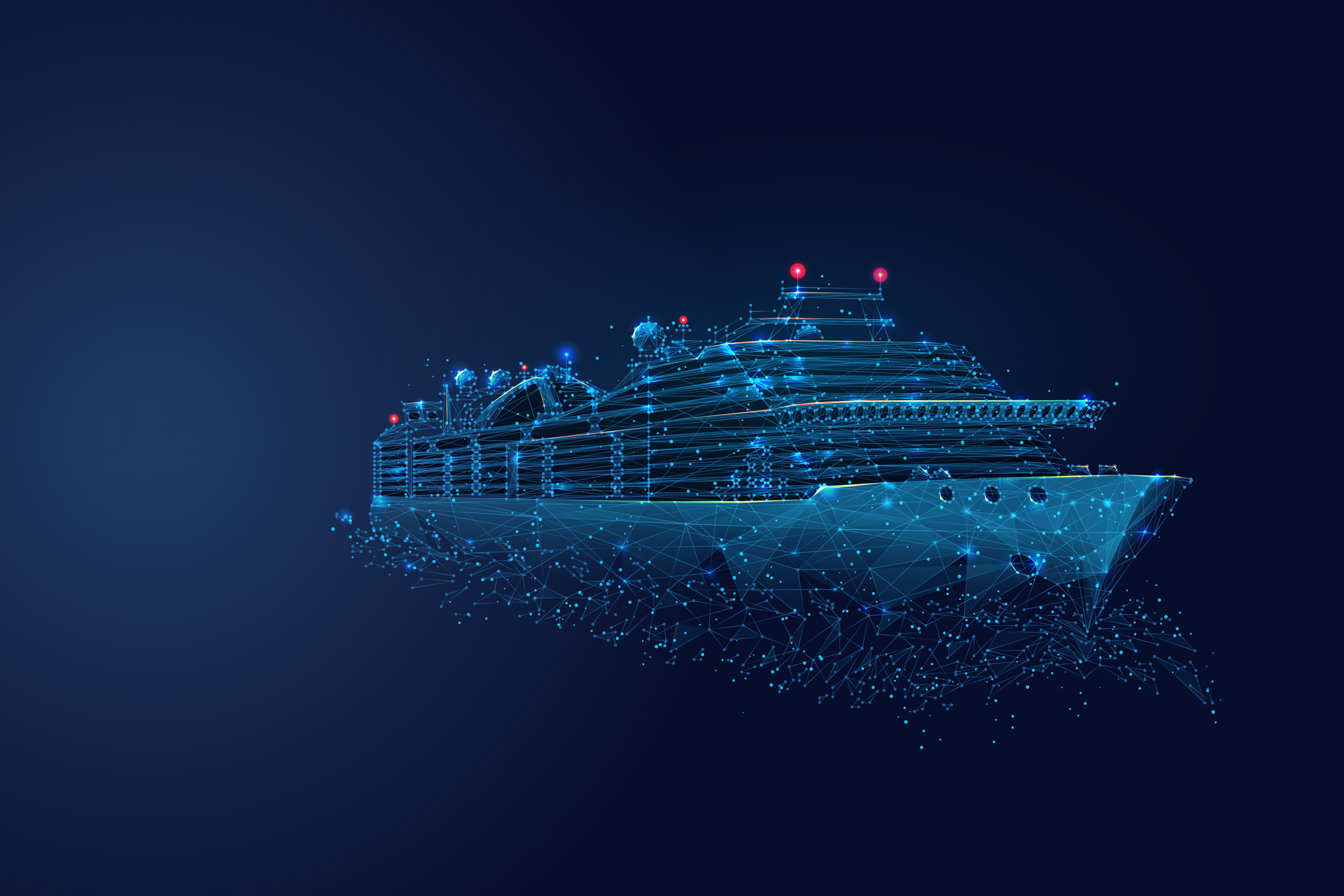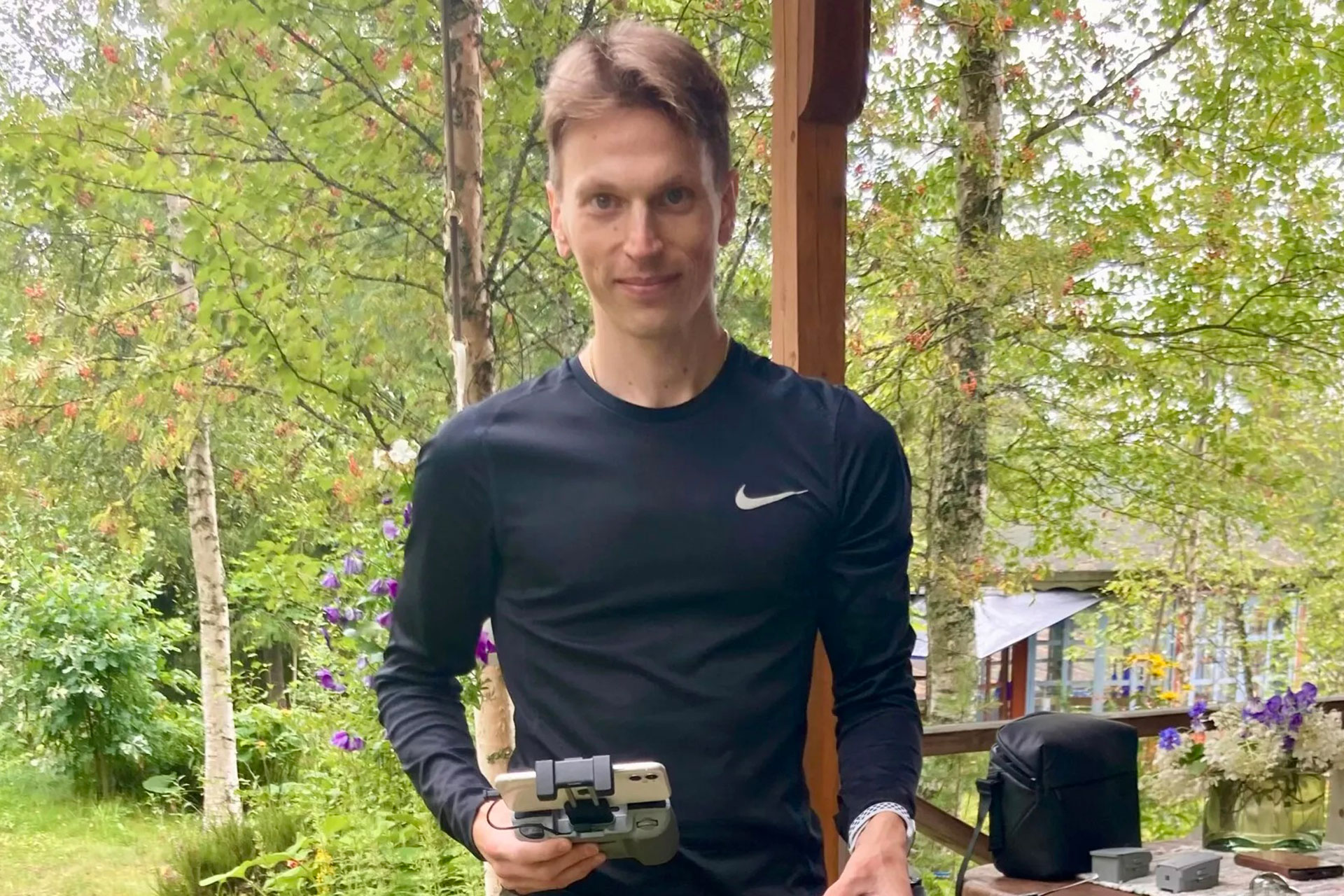The Master’s degree programme in Autonomous Shipping Management comprises 60 ECTS and the degree title is Master of Engineering or Master of Maritime Management, Autonomous Shipping Management.
The programme has a special focus concerning the autonomous shipping management and digitalization of maritime operations based on Maritime Surface Ships (MASS) regulation and other regulatory instruments. The target is to achieve state of the art competence and knowledge in the area of autonomous shipping management from seafaring, legal and economic aspects as is relevant for the autonomous shipping industry. The studies include 6 courses of relevant subjects each of an extent of 5 credits. Following subjects are covered:
The elective study courses will respond to the in-depth education needs expressed by sea captains and marine engineers of working life and maritime commercial and industrial societies. Elective studies will be carried out in close connection with the professional maritime society during the second study year. In the beginning of the studies each student selects two elective courses out of the four, and places them in order of preference. Minimum two courses with highest number of selections will be implemented immediately after the degree specific advanced professional studies.
Structure of Studies
The part-time studies are constructed for flexible learning and studying, parallel with fulltime employment ashore or at sea. The meetings are mainly used for solving study technical problems, presenting assignments and group reports, and some lecturing. The great part of the studies and instruction is conducted using a learning platform.
The studies are arranged at site and online with the lecture materials, as well as the assignments to be completed online, in the system Moodle. For study administrative things the Peppi system is used. It is recommended but not mandatory for the students during the studies to attend some sessions in person at campus. Some of the courses include mandatory professional study visits to shipping organisations and administrations in Nordic countries (and possibly also UK). Study visits are financed by students or their employers – Not by Novia University of Applied Sciences.
Contact lectures of the courses are arranged on average every second (two days) month. Moreover, the student is obliged in person, in Turku, to show the Student Admissions Office the original certificates used in the application. This is basically an online program with only 2 contact lecture days every second month and e.g. moving to Finland is not possible for the studies as Finnish Immigration Service expects a higher level of contact teaching for granting permits to study in Finland physically.




